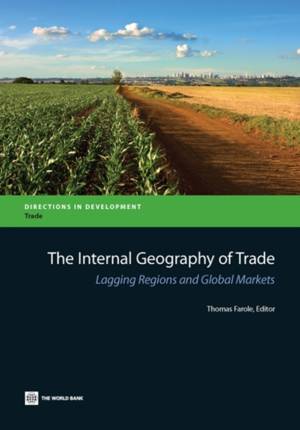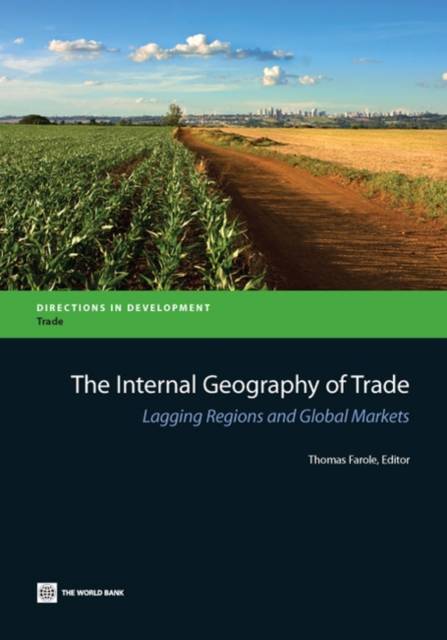
- Retrait gratuit dans votre magasin Club
- 7.000.000 titres dans notre catalogue
- Payer en toute sécurité
- Toujours un magasin près de chez vous
- Retrait gratuit dans votre magasin Club
- 7.000.0000 titres dans notre catalogue
- Payer en toute sécurité
- Toujours un magasin près de chez vous
50,95 €
+ 101 points
Description
"Over the past two decades, the rapid integration of many developing countries into global markets has contributed to a convergence of incomes across countries, pulling large economies like China, India, and Indonesia into the middle-income ranks. On the other hand, these same factors have contributed to widening income disparities within countries. One of the principal manifestations of these within country disparities is spatial, with growth accelerating in well located, typically metropolitan regions, while more peripheral regions fall further behind. The resulting pattern of leading and lagging regions matters not just for social and political cohesion, but also because the failure to integrate lagging regions may have a dampening effect on national growth, and contributes to the massive rural-urban shifts that are over whelming the infrastructural, environmental, and institutional capacities of metropolitan regions in many developing countries.
Spécifications
Parties prenantes
- Auteur(s) :
- Editeur:
Contenu
- Nombre de pages :
- 298
- Langue:
- Anglais
- Collection :
Caractéristiques
- EAN:
- 9780821398937
- Date de parution :
- 12-04-13
- Format:
- Livre broché
- Format numérique:
- Trade paperback (VS)
- Dimensions :
- 178 mm x 254 mm
- Poids :
- 521 g

Les avis
Nous publions uniquement les avis qui respectent les conditions requises. Consultez nos conditions pour les avis.






